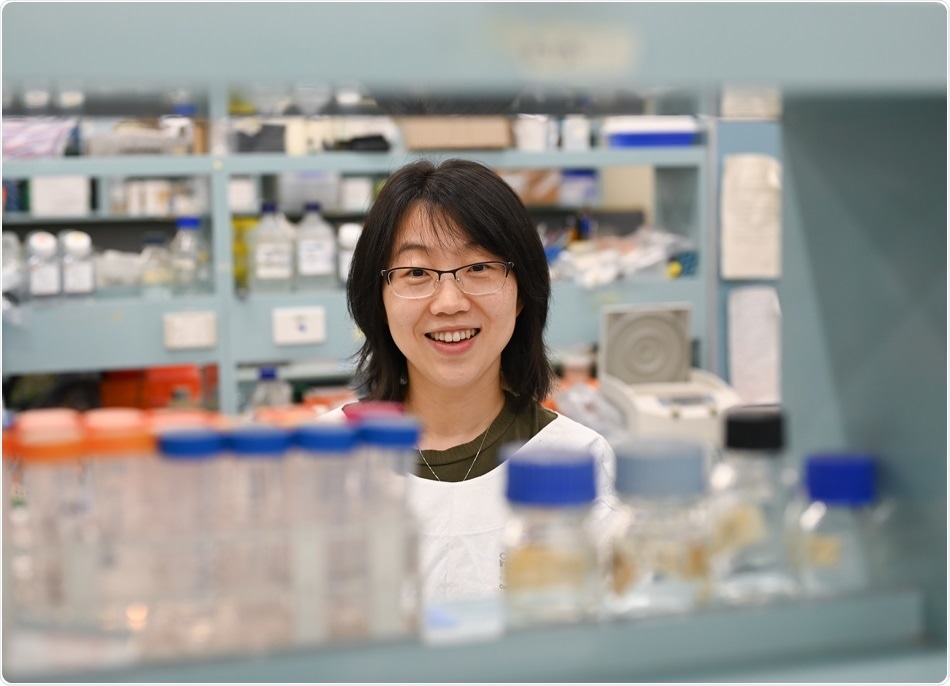In a comprehensive analysis of human gene activation data, researchers from the Centenary Institute have discovered that the dipeptidyl peptidase-4 (DPP4) gene family is strongly implicated in the development of human hepatocellular carcinoma (HCC), the most common type of primary liver cancer.

Dr Hui Emma Zhang. Image Credit: Centenary Institute
Reported in the journal ‘Cancers’, the research suggests that the DPP4 gene family and the four enzymes that it contains should be further studied to support potential new therapeutic approaches to fighting tumors found in the liver.
“In this study we interrogated a number of publicly accessible human gene databases including The Cancer Genome Atlas to identify cancers associated with the DPP4 gene family,” said Dr Hui Emma Zhang, researcher in the Centenary Institute’s Liver Enzymes in Metabolism and Inflammation Program and co-senior author on the paper.
We were focused on the four enzymes of the DPP4 gene family– DPP4, DPP8, DPP9 and fibroblast activation protein (FAP). The role of the DPP9 enzyme was of particular interest as it hadn’t been studied previously with regard to liver cancer in humans."
Dr Hui Emma Zhang, Researcher in Liver Enzymes in Metabolism and Inflammation Program, Centenary Institute
Results from the data mining and subsequent analysis undertaken by the research team were revealing.
An association between high levels of the DPP9 enzyme and uterine and lung cancer was found suggesting that further investigatory work in both areas was required.
Elevated levels of DPP9, DPP4, FAP and DPP8 enzymes were also discovered in liver tumors and critically, were associated with poor survival rates in HCC patients.
Our analysis indicates that high levels of all enzymes of the DPP4 family occur in liver cancers, which encourages us to target these enzymes as a possible new therapeutic approach to tackling the disease. With liver cancer incidence and mortality rates in Australia rapidly increasing new treatment options are urgently required both to improve and to save people’s lives.”
Dr Hui Emma Zhang
Over 2,000 Australians die each year from liver cancer. The five year survival rate for liver cancer is below 20%.
Source:
Journal reference:
Huang, J.C., et al. (2021) DPP9: Comprehensive In Silico Analyses of Loss of Function Gene Variants and Associated Gene Expression Signatures in Human Hepatocellular Carcinoma. Cancers. doi.org/10.3390/cancers13071637.